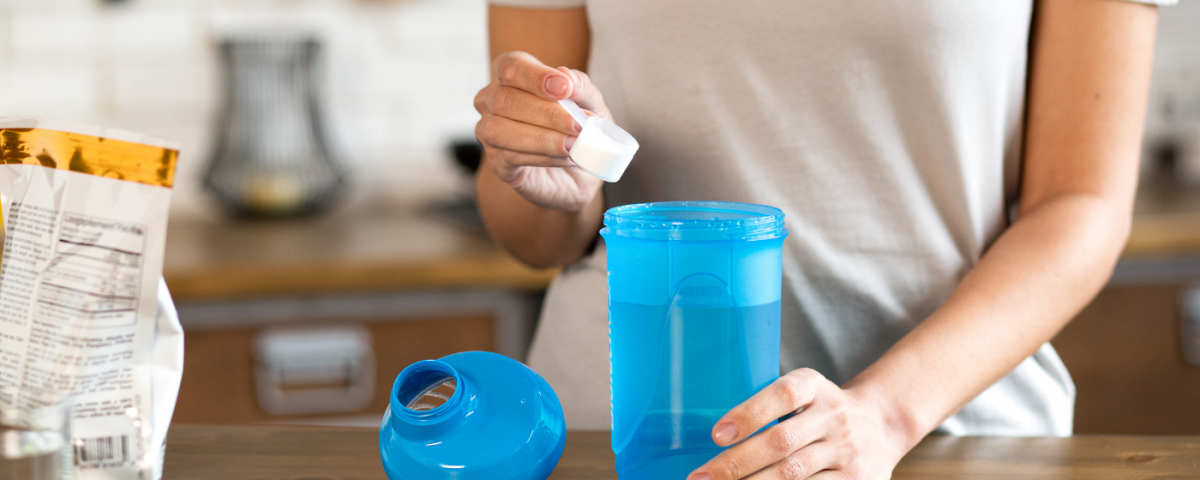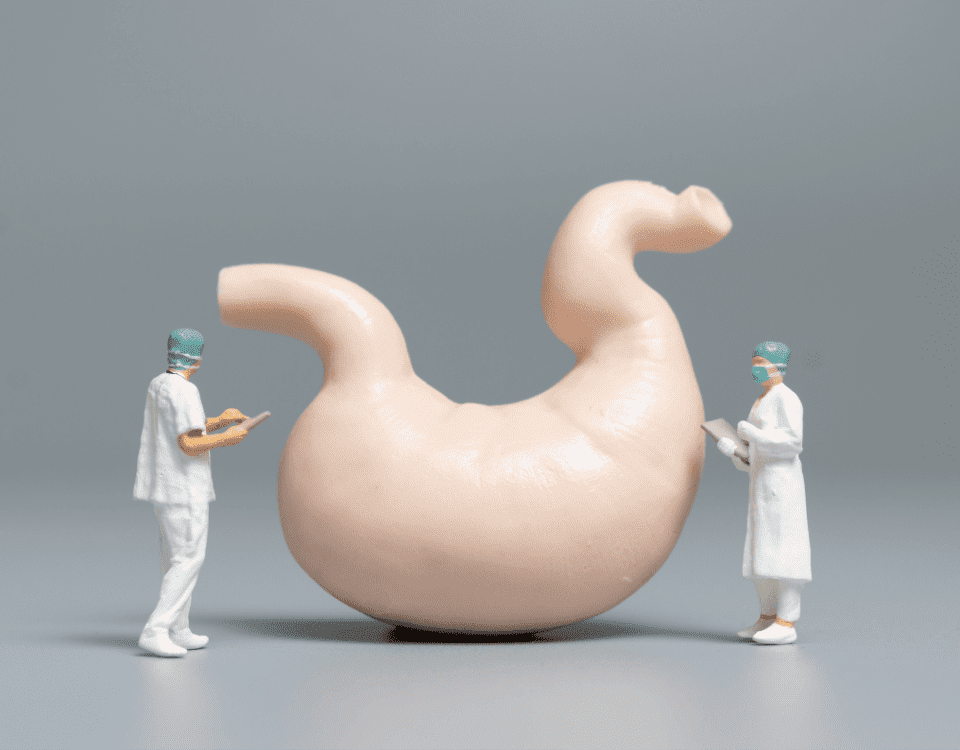
Learn why a high-protein diet is crucial after bariatric surgery. Experts from Winnett Specialist Group share essential guidelines on protein intake, food choices, and practical tips to help you maintain muscle, boost metabolism, and support long-term weight management
Ashleigh’s top tips for navigating protein intake after bariatric surgery
-
Understand the ‘art’ of a post-surgical protein diet and know your targets
“It’s important to have a goal in mind of how much protein we are aiming to have in a day. In our initial consultation, we will cover recommended daily protein intake and discuss the best ways to achieve this,” says Ashleigh. Looking for ways to prioritise a protein diet without pushing the volume of your food intake is something you will learn about in your dietitian appointments,” she says.
-
Eat your protein first
“When navigating your plate, dive into the protein before touching starches or carbs,” says Ashleigh. “Protein increases the gut hormones that make you feel full and satisfied, and eating protein first can help keep your blood sugar and insulin levels from rising too fast after a meal.
-
Include these foods in your main meals
- Eggs, salmon, asparagus and cottage cheese scramble
- Lentil and egg salad
- One piece of lean meat, chicken and fish
- Cottage cheese
- Tofu
- Whey protein powder
- Low-carb bread or wrap
- Beans, lentils, legumes and smaller amounts of pumpkin or potato
-
Increase your protein snacks
Always have the following on hand in the fridge, pantry or desk drawer:
- Hard-boiled eggs (pre-made)
- Protein bar (we recommend Formulite)
- Cottage cheese
- Hummus with chopped veggie sticks
- Mixed nuts
- High protein yoghurt tub
- Protein powder (we recommend Formulite)
- Can of chickpeas
-
Top your food with chopped almonds.
“Almonds are high in magnesium, fibre and healthy fats, yet low in carbs,” says Ashleigh.
In fact, a recent study suggests that they have fewer kilojoules than we previously thought because almond kilojoules are less bioavailable when measured clinically and, in small doses, are linked to increased fat secretion compared with non-almond eaters*1.
-
Replace breakfast cereals with a high-protein alternative.
“Many breakfast foods are lower in protein, including many commercial breakfast cereals, bagels and white bread,” says Ashleigh Gale. “2 eggs provide 12-14g of protein along with important nutrients like selenium and choline,” she says. Other higher protein options include –
- Greek yoghurt and berries
- Cottage cheese
- 85% low carb/high protein breads
- Chia pudding or homemade baked beans.
Another way to apply your protein diet to breakfast is by adding high-protein ingredients like protein powder to homemade porridge. Refer to the recipe below for inspiration –
High Protein Cottage Cheese Porridge

Ingredients:
- ¼ cup wholegrain rolled oats
- 1 tsp chia seeds
- 1 tsp flaxseeds
- ½ cup unsweetened almond milk (+ extra to add)
- 1 scoop protein powder of choice
- 1 tbsp cottage cheese
- Handful of berries
Method:
- Combine oats, chia and flaxseed. Add almond milk and stir to combine.
- Cook in the microwave for 1-2 mins.
- Remove and stir. Add protein powder and additional liquid if required.
- Cook for another 30 seconds to 1 minute. Add a scoop of cottage cheese and berries to serve.
The amount of carbohydrates to aim for in a meal depends on your post-surgery stage. Focus on your protein targets, and remember to choose high-fibre carbohydrates.
TOP TIP: Fibre up! “Getting enough fibre in your diet is vital for a number of reasons, such as increased satiety, making you feel fuller for longer, as well as slowing down the digestion process, which helps to regulate blood sugar levels and avoid large peaks and troughs in insulin,” says Ashleigh.
“High-fibre foods are also generally low in kilojoules, so you can consume a higher volume without excessive kilojoules.” She says fibre also promotes healthy digestion, improving nutrient absorption and eliminating waste. “Some types of fibre can even bind to fats and cholesterol in the digestive tract preventing absorption, reducing the number of kiloJoules you are actually absorbing from your food.”
“If you are early on in your surgery journey, keep up your recommended fibre supplement, and try to include more fibre in your diet slowly. Many foods, especially plant-based options like legumes, nuts, seeds and whole grains are rich in both protein and fibre. Including these in your diet supports digestive health and muscle maintenance,” she concludes.
Recovery Protein Icy Pole

- 2 SERVINGS
- 2-4 HRS
- 97 KCAL
Ingredients
1 serve Formulite Recovery Protein
250ml water
Method
- Make up Formulite Recovery Protein as per instructions.
- Portion into an icy pole mould and freeze until solid.
Prioritising a protein diet
It is vital that you meet your daily protein requirements and prioritise a protein diet over carbohydrates. This will significantly aid muscle gain, limit fatigue, and strengthen immunity.
Winnett Specialist Group takes a holistic approach to weight loss. Every one of our patients has the support of a fully dedicated multi-disciplinary team, comprising a weight loss surgeon, specialist physicians, dietitian, exercise physiologist and psychologist who are all involved in the patient’s journey, not just at the time of surgery but in the months and years that follow. If you would like expert advice, please contact us or call (03) 9417 1555 to learn more about how we can help you achieve your weight loss goals and improve your overall health.

Mr Jason Winnett
Laparoscopic and Bariatric Surgeon
P (03) 9417 1555 admin@winnettspecialistgroup.com.au
www.winnettspecialistgroup.com.au
Queens Terrace, 382 Victoria Parade, East Melbourne 3002



